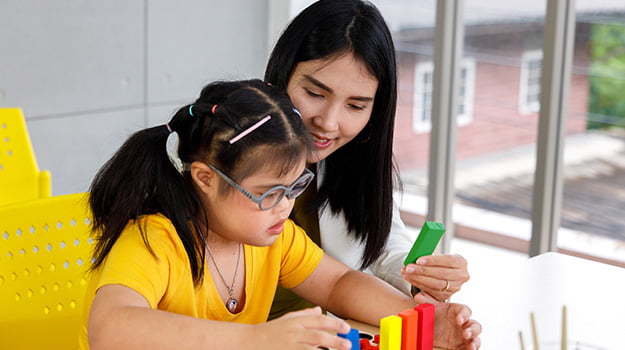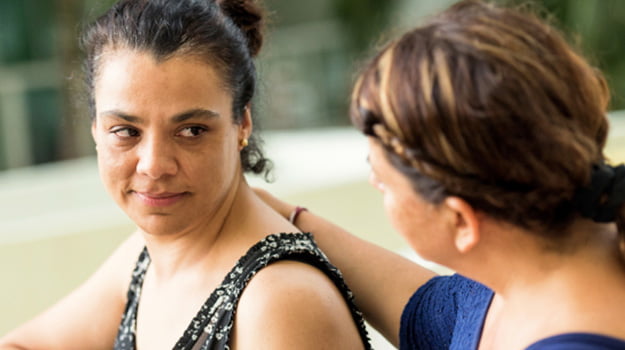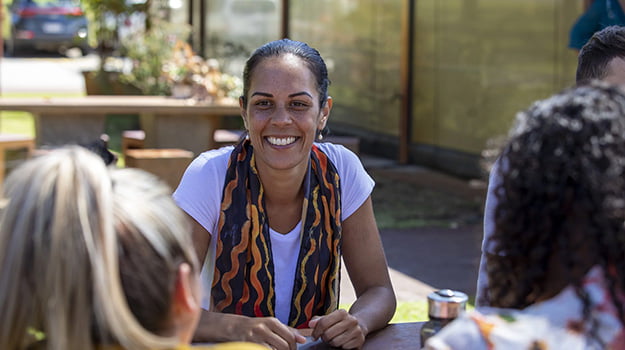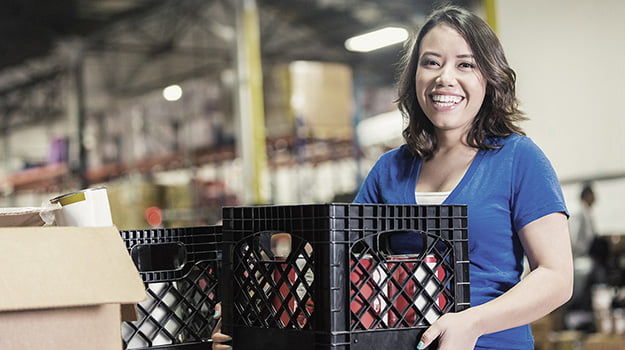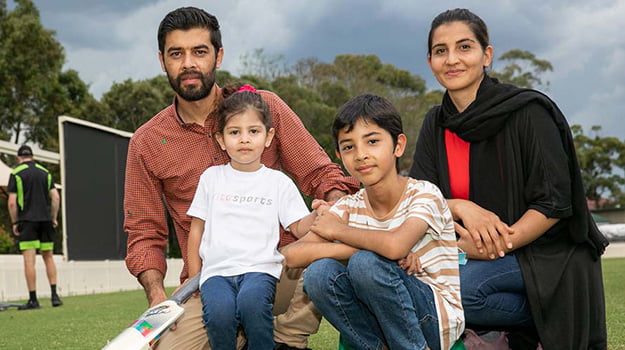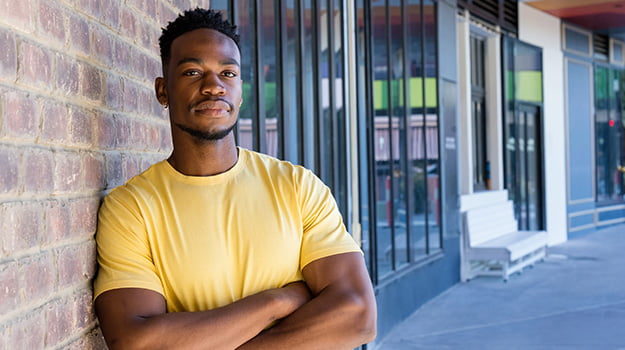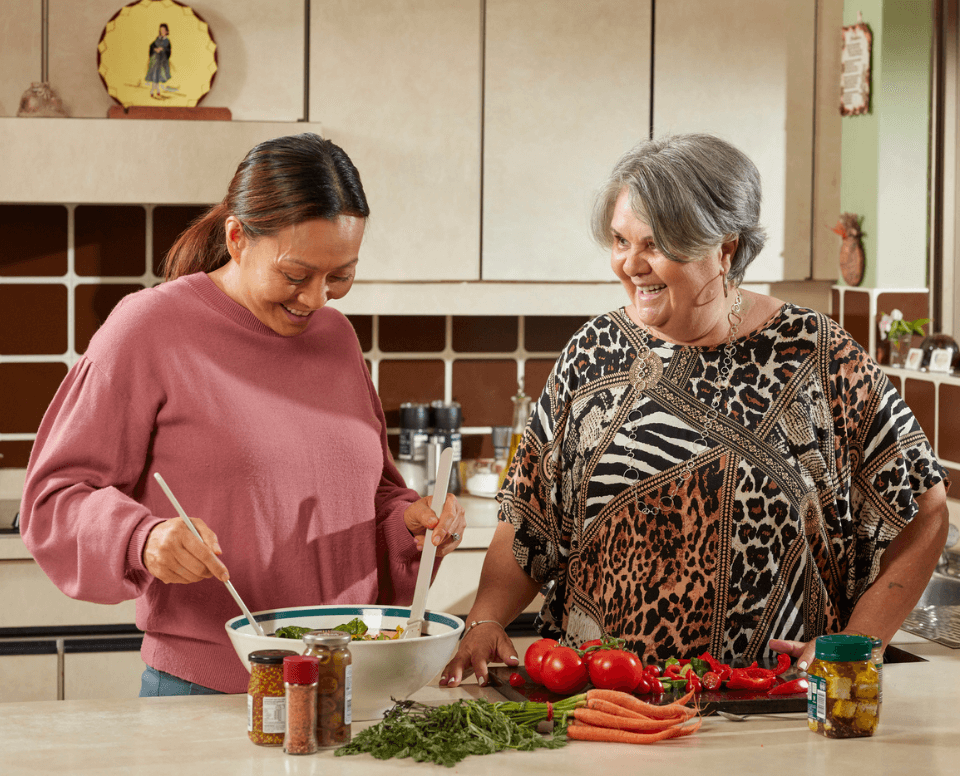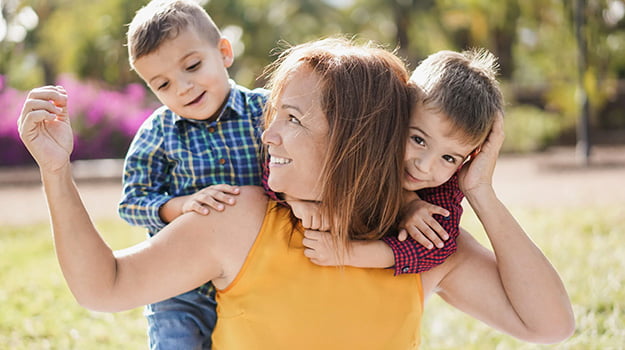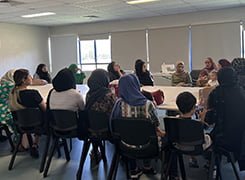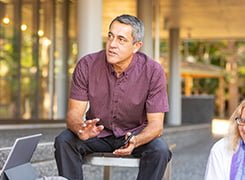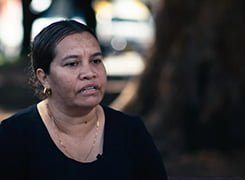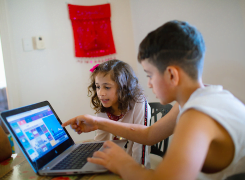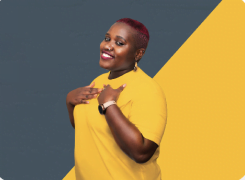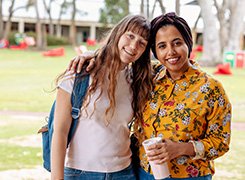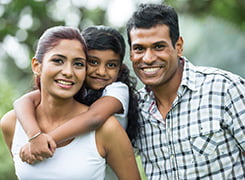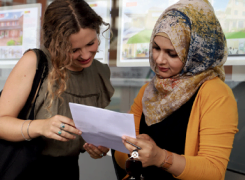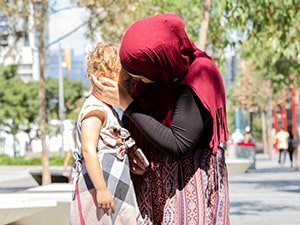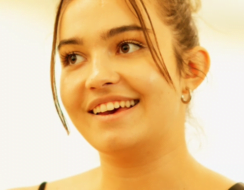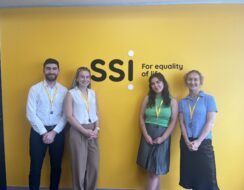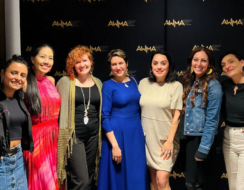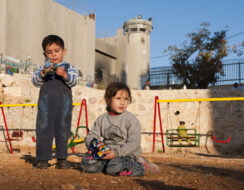07 Aug 2017
NewsWhat a Syrian refugee has accomplished after four months in Australia
“I was attending an SSI orientation session on health and I was contributing and asking questions in English. The lecturer asked how long I’d been in Australia, which at that time was one-and-a-half months.
“She said I was very fluent and asked if I was working. I said I wished I had a job, so she suggested I apply for a job with her organisation, Refugee Health. Now I’m an interpreter for patients and nurses,” said Ms Maksoud.
“It’s only part-time work, but I’m happy with that because at the moment I’m also studying.”
Ms Maksoud left her native country of Syria in 2014 and spent three years in limbo, staying initially in Lebanon and living later in Turkey, before arriving in Australia in April 2017, where she was supported by SSI’s Humanitarian Settlement Services program.
“I was thankful to the SSI staff. They helped us a lot — and they are still helping us,” she said. “They assisted us with all aspects of starting life in Australia. But then you have to stand on your own feet. You can’t depend all the time on people helping you. You have to start to push yourself too.
“So I started to look for a job because I have a lot of experience in the administrative field. In my country, I used to work in an international organisation.”
Unfortunately, Ms Maksoud kept striking two of the biggest barriers that prevent refugees from entering the Australian workforce: a lack of local work experience and qualifications.
“I am new here. I’ve been here only four months. How can I have experience and certificates? So I had to find a solution. Although I’m a graduate of the university and have a diploma in interpreting and translation, that was not enough because you have to have credentials from Australia. So I registered in TAFE doing a Certificate III in medical business administration and I’ve also registered for a diploma in general business administration.”
On top of that Ms Maksoud is studying for her driver’s license and interpreter’s accreditation, while also undertaking essential settlement steps such as securing long-term accommodation.
“Being a refugee, you have to show and give your best. As the community is assisting you, in return, you have to give all that you can and be a useful member in your new community.”
Ms Maksoud’s goal for life in Australia is to find full-time employment in administration or as an interpreter.
“I like them both and do them both wholeheartedly. I’m studying and preparing myself to enter both fields, so that when the opportunity comes, whichever field it’s in, I’m ready for it.”

